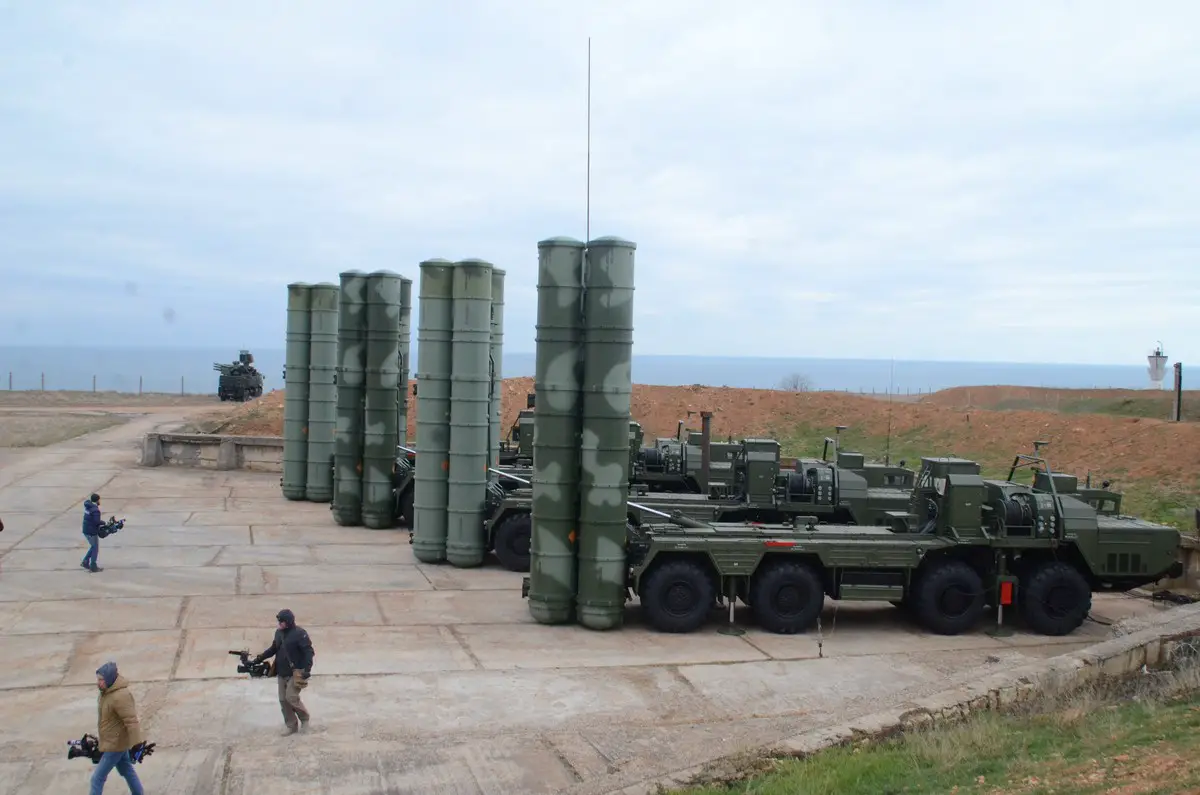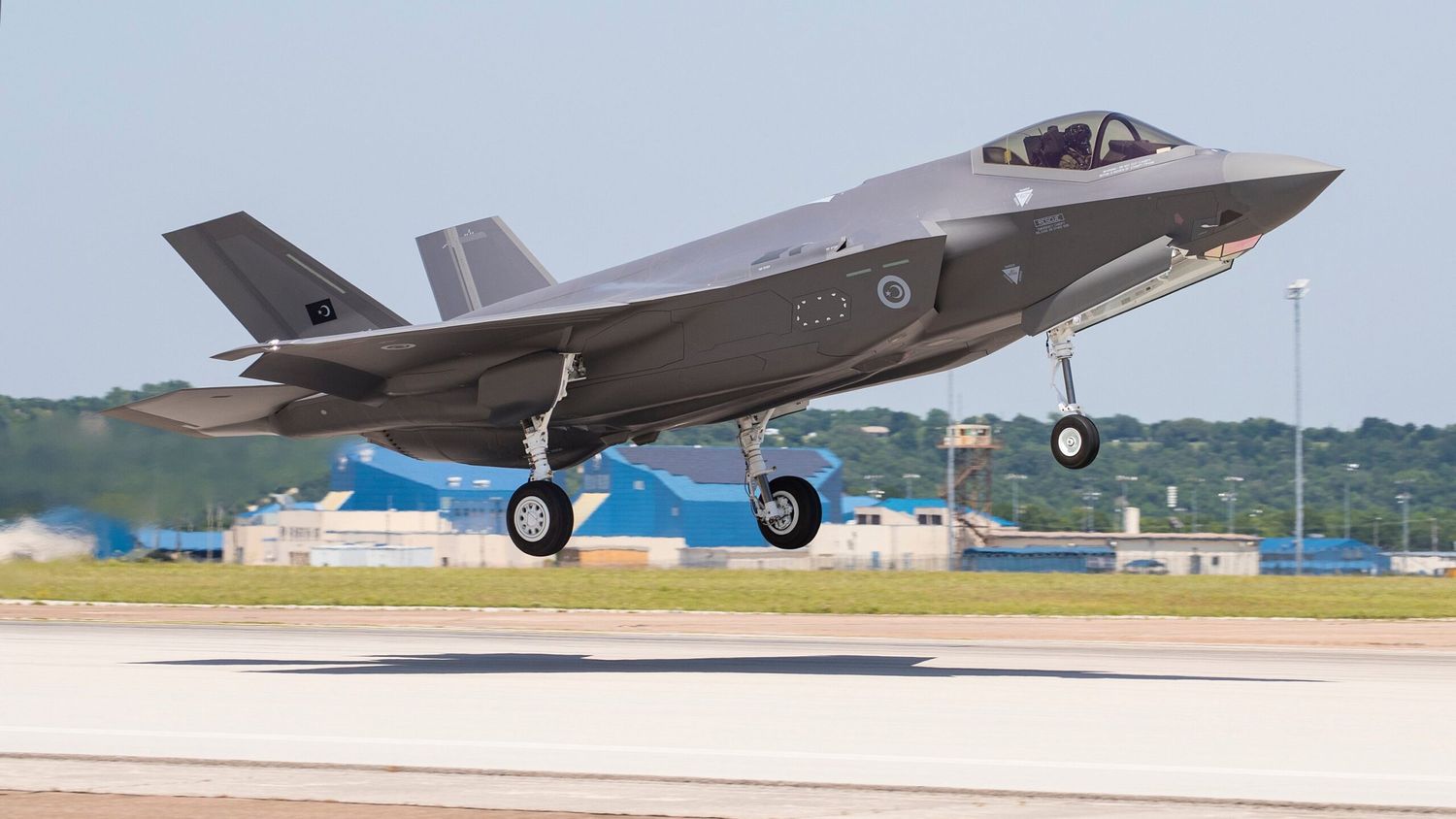Could Türkiye return to the F-35 program? Washington considers it possible, but with conditions.
The White House is giving hints that Türkiye could return to the JSF F-35 Lightnig II program, from which it had been expelled due to the purchase of Russian S-400 air defense systems.
During a recent interview on CNN Türk, Victoria Nuland, number two at the US State Department, stated that if Türkiye «resolves the S-400 issue,» they could rejoin the F-35 program.
«If the S-400 issue is resolved, sanctions on CAATSA will be lifted and we will talk about Turkey returning to the F-35. Program,» Nuland said. «Frankly, if we can resolve this S-400 issue, which we want to do, the United States would be happy to welcome Turkey back into the F-35 family. If we can get past this issue, the CAATSA issue will be eliminated and we can get back to the F-35 talks,» she assured.
Let us recall that Türkiye was hit by CAATSA (Countering America’s Adversaries Through Sanctions Act) which is a series of sanctions imposed by former President Donald Trump after Turkey, against all objections and threats, finalized the purchase of Russian S-400 missile air defense systems. As a result, all U.S. export licenses to the Turkish defense industry were cancelled. It also led to its expulsion from the JSF F-35 program, of which it was one of the founding partners and had 100 units on order.
Türkiye´s situation had been ratified in June 2022 by Adam Smith (not one of the founding fathers of economic liberalism), chairman of the House Armed Services Committee, who stated bluntly, «Turkey will not participate in the F-35 program again.»
John Kirby, spokesman for the National Security Council, during the Jan. 31 White House press briefing, was asked about a possible change of position on Türkiye´s return to the F-35 program, and gave a rather categorical answer, but not as «terminal» as Smith’s:
“There’s no change to our view that the F-35 program for Turkey is incompatible with their use of the S-300 and S-400 missiles. So, we’re still having those discussions. And should Turkey be able to resolve our concerns about that, then there could be a restoration of — of moving into the F-35 program. But — but that’s — that’s where we are. There’s no change in that.”.
Beyond the mistake of mentioning the S-300 system, which Turkey does not operate (but Greece does, which will still have its F-35), Washington’s message is clear: «Get rid of your Russian S-400s».
What to do with S-400s?
If Ankara were to relent in its position and now consider access to F-35 technology and capabilities as sufficient incentive to write off its S-400s, in what way could it do so?
It could simply destroy them (having them and promising not to use them is not enough for the White House), but it would really be a huge and expensive waste.

There are certainly calls for such equipment to be transferred to Ukraine to help them improve their air defense against Russian attacks. But that would create a major diplomatic conflict between Ankara and Moscow, the consequences of which are impossible to predict, and would definitely burn the informal channels of communication between NATO and Russia, mediated by Türkiye.
Another option is for Türkiye to do as Egypt did with its Su-35s, which it had already paid for, but faced with the threat of CAATSA sanctions, had to leave in Russia to find them a new home (which would end up being Iran). This would not please Moscow very much, but it would be better than allowing its most advanced air defense equipment to fall into Ukrainian (and NATO) hands.
Eurofighters still on Ankara’s wish list
Although only a few days ago the U.S. government authorized the possible sale to Turkey of up to 40 new F-16 Block 70s, together with 79 «Viper» modernization kits, the Turkish Ministry of Defense assured that it is still interested in acquiring 40 Eurofighter Typhoon fighters.

«We are still interested, we are waiting for the positive pronouncement of Germany, a member of the consortium, on this issue,» Reuters quotes the Turkish official as saying.
Ankara is holding talks with the British and Spanish representatives (he does not mention the Italians) of the Eurofighter consortium, but the Germans have reportedly been blocking a possible deal. However, after Berlin lifted its veto on the sale of Eurofighters to Saudi Arabia, it is very likely to relax its position here as well.
Nobody really knows (outside the Türkiyes Government and Defense Ministry authorities) how serious Turkey’s interest in the European fighter is, as it could just be a way to pressure the US to allow the sale of the F-16 and, perhaps, open up the possibility of sitting down to talk about the F-35.
If Türkiye eventually gives up its S-400s and was re-admitted to the F-35 club… in what capacity would it be? As the important partner it was before it was expelled? As just another customer, without access to much of the classified information, software codes and reduced industrial participation? And what would become of KAAN, the fifth-generation fighter jet program developed by Türkiye? Would its continuity be jeopardized?
Beyond the many questions that will only be answered over time, what is certain is that it is suggestive that the U.S. has put the delicate issue of the Turkish F-35 back on the table.



Comentarios
Para comentar, debés estar registrado
Por favor, iniciá sesión